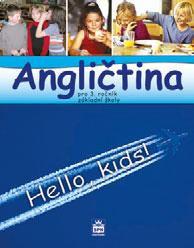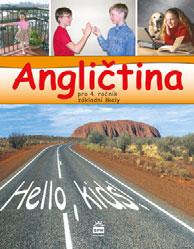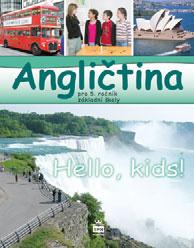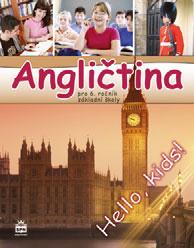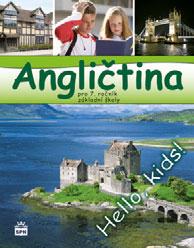











p r o 6 . r o č n í k
základní školy
z á k l a d n í š k o l y






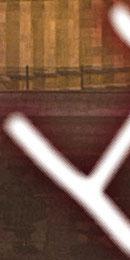




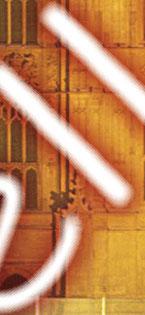


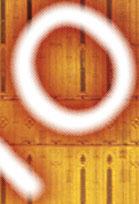







1 DISCUSS.
Who is your best friend?
What is his • her name? What are his • her hobbies? Where does he • she live?
Do you often see him • her? How old is he • she? What does he • she look like? Has he • she got any brothers or sisters? Why do you like him • her?
Hi, everybody.
The summer holidays are over, I’m afraid. Welcome to the world of the Internet.
Let’s make a new project group! I am your supervisor. My name is Brenda and I am here to help you with your projects. You can practise your English and make new friends. First, tell everybody who you are.
What is your name? Where are you from? How old are you? Where do you live?
Have you got any sisters or brothers?

2 WELCOME TO OUR INTERNET WORLD. supervisor /ˈsju:p vaiz / dohlížitel practise /ˈpræktis/ procvi it
3 STUDY AND REMEMBER THE RULES.
Letopo ty teme po dvoj íslích, nulu oh / u/. Všimn te si odlišného p ízvuku v prvním a druhém dvoj íslí. o o 1919 nineteen nineteen 1824 eighteen twenty-four v roce 1907 in (the year) nineteen oh seven 2000 two thousand 2009 two thousand nine
4 ASK AND ANSWER. When were you born? Where were you born?
Kdy ses narodil? Kde ses narodil?


I was born in 1997. We were born in Britain. You were born in 1998. You were born in the Czech Republic. He • she was born in 1933. They were born in the USA.
5 PRACTICE MAKES PERFECT. MAKE SENTENCES LIKE THIS.
Model: I was born in 1998. my mum • my dad • my sister • my brother • my best friend
6 LISTEN AND READ. MAKE NEW FRIENDS.

Hello, I am Kurt. I am from Germany. I live in Berlin. I was born in 1998. I am eleven.
I have no sisters or brothers.


Hello.
My name is Tamara. I live in the Netherlands but I am from Russia. I have got a sister. Her name is Natasha. She is four years old. She was born in 2005. She lives in Russia with my grandma.


Hi! Who am I?
How old am I?
That’s a good question. I am twelve years old. My name is Mario. Where do I live? I am from Italy. I live in Rome, the capital city of Italy.

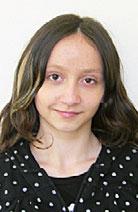
Hello.
And who is he? He is my cousin. What is his name? His name is Antonio. Our surnames are the same, Sanches. What age is he? He is eleven. Where does he live? He lives in Madrid, the capital of Spain.
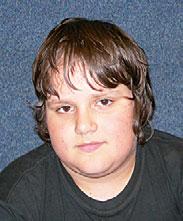


I am Monique. And this is my sister. Her name is Michelle. We are from France. Hi. We are twins. We were born in 1997. We are twelve. I am Michelle. Do we look alike? What do you think? Everybody says we do. I am her sister.

Hi, I am Tena.
I am eleven years old. I was born in the Czech Republic but I live in Athens, in Greece. I often go to Brno to visit my aunt and uncle’s family.

7 WORK WITH A PARTNER. ASK AND ANSWER.
How old is Tamara?
Who is older – Michelle or Monique? What is her sister’s name? Where are they from? How old is her sister? When were they born? Where does her sister live? Where do Tena’s cousins live? What is the capital of Italy? Was Tena born in Greece?
1 DISCUSS.
Were you at the seaside last summer? What was the weather like? Did you swim in the sea? What did you do there?
2 LISTEN, POINT, AND SAY. LEARN THESE NEW WORDS.
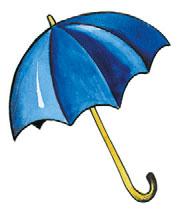
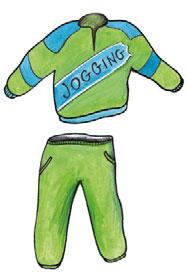

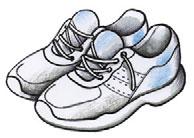

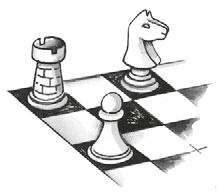
3 LISTEN AND READ ABOUT THE KINGS’ HOLIDAY.
What was the weather like last week?
The weather was terrible. It was cloudy and windy. There were no boats on the sea but there were some windsurfers there. There were no people in the cafe outside the hotel. It was cold.
Mr King wore a sweatshirt, jeans, and a grey light jacket. Mrs King wore a sweater, tights, pink trousers, and a warm pink jacket. She had a red scarf on her head because it was so windy. She took her umbrella with her.
And what did the Kings do?
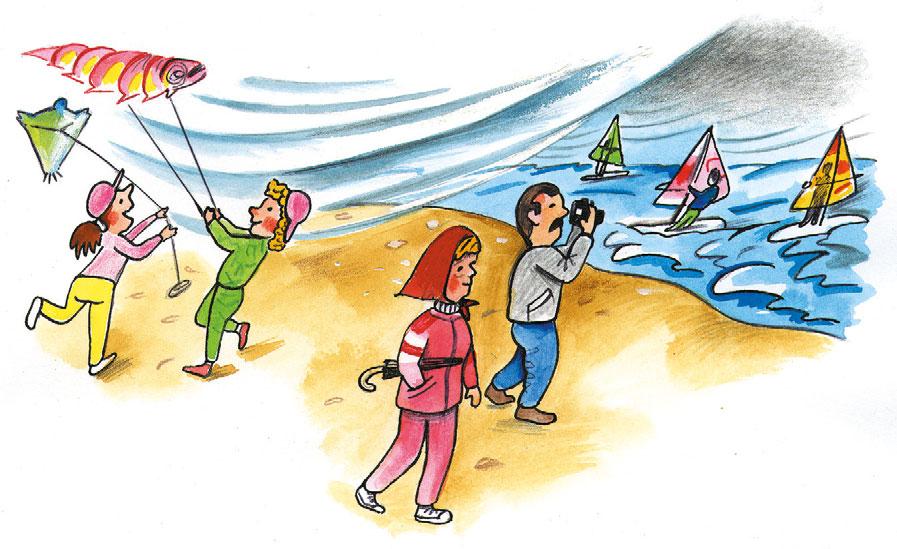
Sara and Emily had a lot of fun there. They flew their kites on the beach. They wore their tracksuits, socks, trainers and caps. In the morning they played chess. They did not mind the cool weather at all.
Mr and Mrs King often went for a walk to the harbour. They bought some postcards and sent them to their friends. They visited the museum and Mr King took a lot of photos there.
Sara: Oh, mum, we’re lost. I can’t remember the way to the hotel. What’s the address? Have you got the card?
Mum: Yes, of course. It’s 10, Washington Street.
Sara: Great. And is there a phone number?
Mum: Yes, it’s 37859.
Sara: We’re lucky. Let’s find a telephone box.
4 READ AND CORRECT THESE SENTENCES.
The weather was nice last week. The girls didn’t go to the beach. Mrs King didn’t wear a scarf. They played in the sea. The girls went to a disco in the evenings. Mrs and Mr King didn’t go out.
5 STUDY AND REMEMBER THE RULES.
Prostý as minulý vyjad uje dokon ený minulý d j, který nesouvisí s p ítomností.
Obvykle bývá spojen s asovým údajem, jako yesterday, last ..., in 19.., ... ago.
Did you play volleyball two days ago?
I didn’t play volleyball.
Hrál jsi odbíjenou p ed dv ma dny?
Nehrál jsem odbíjenou. I played chess.
Did she wear jeans last week?
She didn’t wear jeans.
Hrál jsem šachy.
Nosila džíny minulý týden?
Nenosila džíny. She wore a skirt.
Nosila sukni.
6 PRACTISE READING THE ENDINGS.
washes /iz/ washed /t/ used /d/ ended /id/ watches watched turned needed - po /t/ a /d/ catches looked played wanted teaches walked cried skated mixes stopped rained started
7 PRACTICE MAKES PERFECT. MAKE SENTENCES LIKE THIS.
Model: He washed in the kitchen but he usually washes in the bathroom.
walk – park x garden rain – summer x autumn tidy – bathroom x kitchen watch – cartoon x the News wear – hat x scarf use – keyboard x mouse
8 LISTEN AND SING THIS SONG.
Row, row, row your boat, Gently down the stream. Merrily, merrily, merrily, merrily. Life is but a dream.

9 DISCUSS.
Is your life good or bad?
Veslujte ve své lo ce mírn dol po proudu. Jen zvesela, život je jen sen.
row /r u/ gently /ˈdžentli/ stream /stri:m/ life /laif/ dream /dri:m/
Can you row a boat? Are your dreams nice or horrible? What is a gentleman? 11
1 LISTEN AND READ. HOW DO YOU GET TO SCHOOL?
There are twenty-eight pupils in 6A class. Most of them live near the school. They can walk and it takes them five or ten minutes to get there. Some of them live further from the school. They usually go by tram or bus and it takes about half an hour. They have to get up earlier. There is a bus stop next to the tram stop outside the school. Three of them usually go by car with their parents. It is the most comfortable way.
2 PRACTISE THE WORD STRESS AND PRONUNCIATION.
o o most of them v tšina z nich half of us polovina z nás
o o some of them n kte í z nich none of us nikdo z nás
/nan/
3 ASK AND ANSWER ABOUT THE 6A CLASS.
How many pupils are there in 6A class? Why do some of them get up earlier than others? Do all of them live near the school? How long does it take them to go by bus? How many of them go to school by car? Where is the tram stop?
4 STUDY AND REMEMBER THE RULES.
Stup ování víceslabi ných p ídavných jmen (krom dvojslabi ných kon ících na -y, -er, -ow a n mé -e) se tvo i opisem, pomocí more (více) a most (nejvíce).
difficult more difficult (the) most difficult obtížný obtížn jší nejobtížn jší boring more boring (the) most boring nudný nudn jší nejnudn jší
Podobn užíváme less (mén ) a least (nejmén ). comfortable less comfortable (the) least comfortable pohodlný mén pohodlný nejmén pohodlný
5 PRACTICE MAKES PERFECT. TRANSLATE. beautiful picture famous writer special food popular sport interesting film careful driver
nejkrásn jší obrázek mén slavný spisovatel nejzvláštn jší jídlo nejmén oblíbený sport zajímav jší lm nejopatrn jší idi
krásn jší obrázek nejslavn jší spisovatel mén zvláštní jídlo oblíben jší sport nejzajímav jší lm nejmén opatrný idi
6 LISTEN, READ, AND ACT OUT THE STORY.
Here we are in the classroom. Not all of the kids are here, there are only half of them. The second half is in the next door classroom. English is the most favourite school subject in this class. It is more popular than German. The children find German more difficult than English.
Look, the teacher is opening the register. All the children are sitting quietly at their desks.
T: Kate, what’s the date today?
K: It’s 7th October.
T: Very good. Who wants to put the date on the board?
Some pupils are putting their hands up. But Kate isn’t.
T: Kate, don’t worry. Come here and put the date on the board.
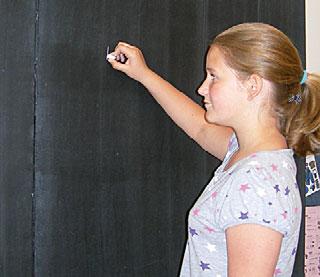

Kate is walking up to the teacher’s table. She’s taking a piece of chalk and walking to the board. She is writing the numbers and letters very well but she is not sure.
K: Is that correct, Miss?
T: Of course. Well done, Kate. Thank you. Go to your desk and sit down.
T: Who is on duty this week?
S: That’s me, Miss. I am.
T: Well, Sue. Tell me, please, who’s missing today.
S: I can’t see Peter, Charlie or Richard.
T: OK, I’ve got it.
Anybody else? No? Thank you.
Where are the missing boys? What’s the matter with them?
S: Peter’s at the doctor’s. Charlie’s ill.
And Richard? I think he’s late. I’m sure he’ll come soon.
T: I see, he’s always late.
But we can’t wait. It’s time to start now.
I hope you’re ready for your English lesson.
The door is opening and Richard is coming into the classroom.
R: I’m very sorry, Mrs Bell. I’m a little late. I overslept.
I think my alarm clock is broken. It does not work. Its hands don’t move and the bells don’t ring. I’m sure I need a new one.
T: Well, Richard. How often do you buy an alarm clock?
I think you need a new one every week. Well, sit down, take out your books and pay attention, please.

1 ROUND-UP QIUZ.
Which of these lands isn t in Britain?
A Ireland B Wales C Northern Ireland
What is Big Ben?
A a clock B a basketball player C a bell
Where is New Jersey?
A in the USA B in Britain C in Australia
What is BBC?
A a university B a radio station C a bank
Britain is in the A Atlantic Ocean B Paci c Ocean
What money do they use in Britain?
A the dollar B the euro
The British Queen lives in
Black Sea
the pound
A a castle B Buckingham Palace C the White House
Christmas Eve is on A 24th December B 25th December C 26th December
Teachers write the names of missing children in the
A register B student s book C vocabulary
The Czech Republic doesn t border
A Austria B Russia C Poland
2 ROUND-UP QIUZ.
The American ag has got stars.
A forty-eight B fty C fty-two
What is the nickname of New York City?
A the Windy City B the Big Apple C LA
The capital of the USA is A Chicago B New York C Washington, D.C.
On Thanksgiving Day Americans eat
A roast turkey B pork and dumplings C sh and chips
The place famous for its white chalk cliffs is
A Oxford B Dover C Cambridge
Children go Trick or Treating on
A their birthday B Halloween C Thanksgiving Day
For Thanksgiving dinner people usually have
A roast pork B sh and chips C roast turkey
We have popcorn from A Greeks B American Indians C Australians
Boxing Day is on
A 25th December B 26th December C 31st December
The last month of the year is A October B December C November
1 PLAY THIS GAME.
Choose a card. Make up at least three sentences about the topic. If they are correct, you will get the points. If they are wrong you will not get any points. Then take turns to throw the dice and move to a new card.



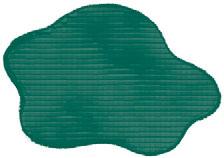






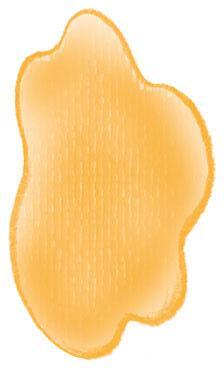

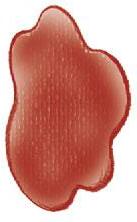
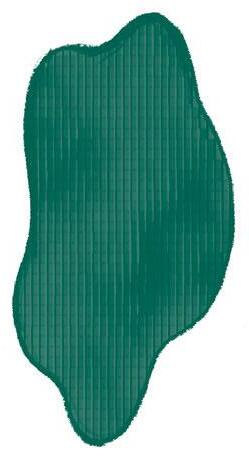

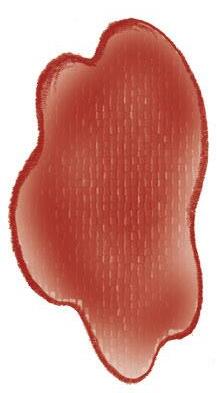

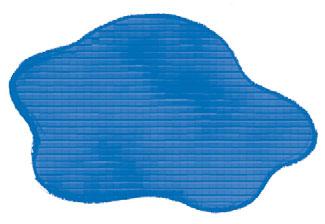



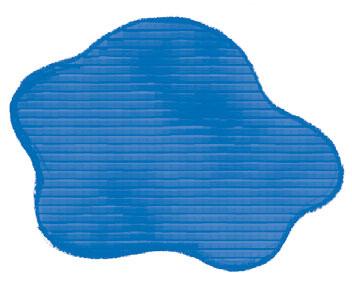


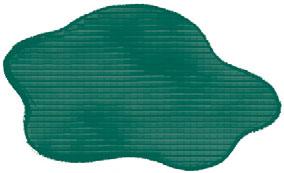

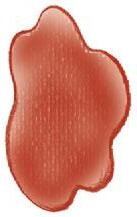
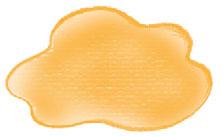


2 PLAY THIS GAME.
Choose a card. Sing the song, say the rhyme or tell the story. Get the points. Take turns to throw the dice and move to a new card.
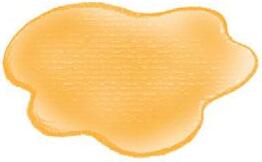
STORY JESS AND AMY ON THEIR WAY TO THE MUSEUM
SONG GIRLS AND BOYS
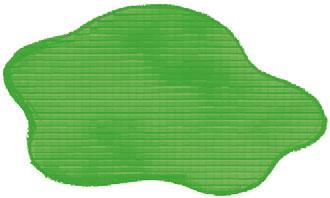

STORY AT ENGLISH LESSON WITH CLASS 6A
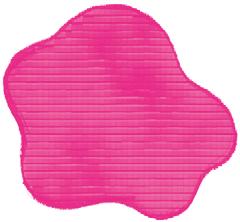
STORY
JESS AND AMY AT THE MUSEUM

RHYME AN OLD WOMAN IN A SHOE
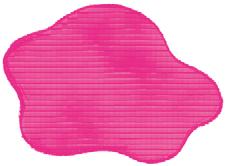
TALK ABOUT EASTER
STORY JOHN’S FRIDAY 13TH
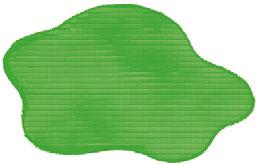

STORY
THE KING FAMILY ON HOLIDAY

TALK ABOUT SAYING HELLO

SONG ON THE BUS

TALK ABOUT CHRISTMAS
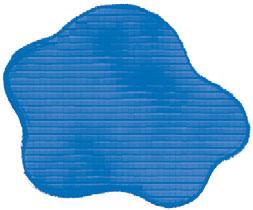
SONG TWINKLE, TWINKLE, LITTLE STAR
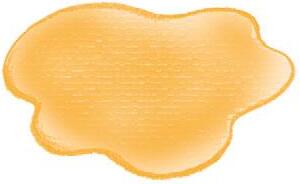
RHYME MONTHS OF THE YEAR
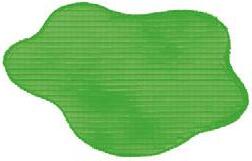
RHYME THE CUCKOO

TALK ABOUT OUR COUNTRY

SONG
JOLLY GOOD FELLOW RHYME ROSES ARE RED
3 LEARN THIS RHYME.
Dip, dip, dip, My blue ship,
Sailing on the water
Like a cup and saucer.
Dip, dip, dip, You’re not it!
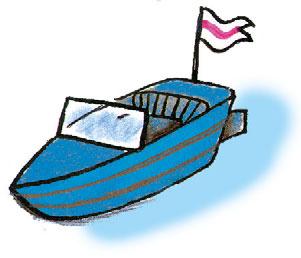

dip /dip/ pono it sail /seil/ plavit se saucer /ˈso:s / podšálek You’re not it! – Z kola ven! (rozpo ítadlo)
Tato učebnice je určena žákům 6. ročníků ZŠ, kteří zahájili povinnou jazykovou výuku ve 3. ročníku. S její pomocí žáci proniknou o krok dále do základů správné výslovnosti, dozvědí se zajímavosti ze života zemí, kde se mluví anglicky, naučí se několik říkanek, písniček a získají základní slovní zásobu, kterou využijí při učení v dalších letech a hlavně při skutečné komunikaci v angličtině.
Učebnici provází pracovní sešit, nahrávky slovíček, rozhovorů a cvičení z učebnice na CD a metodická kniha pro učitele.
Učebnice vyhovuje záměrům RVP.
Má stejně jako pracovní sešit a CD schvalovací doložku MŠMT.


